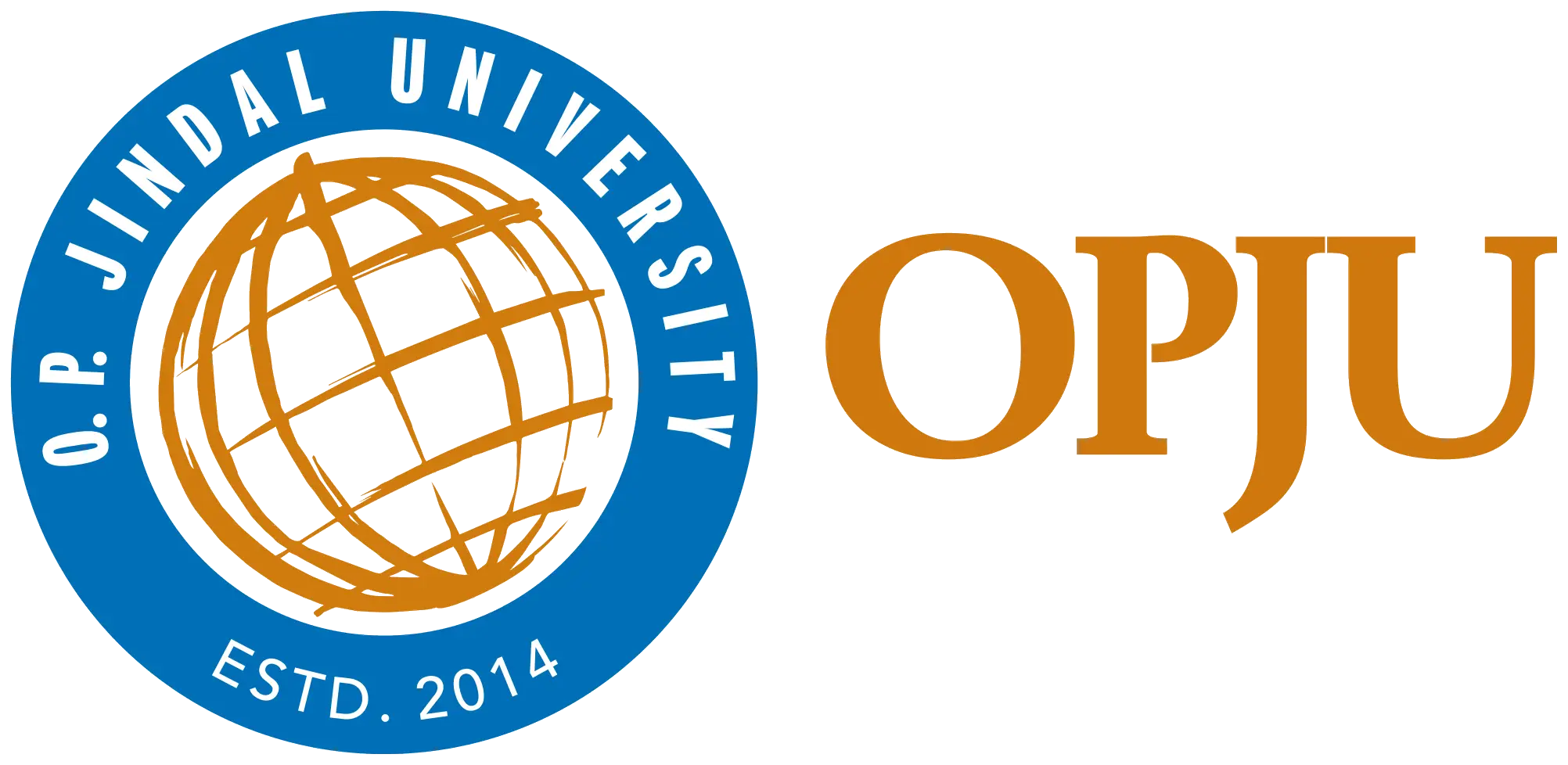Overview
At OP Jindal University, the Centre for Industry-Academia Collaboration (CIAC) serves as a vital bridge between academic learning and industrial advancements. Our mission is to ensure that academia remains attuned to the ever-evolving industrial paradigms, empowering students with a practical and informed perspective on industry expectations. By fostering this pragmatic outlook, we aim to prepare students for real-world challenges and equip them with the skills necessary to excel in their careers.
A Two-Way Exchange of Knowledge
CIAC facilitates opportunities for the industry to leverage the innovative research and development (R&D) projects undertaken by the university. Industry leaders can actively engage with and contribute to projects that align with their interests, thereby benefiting from cutting-edge academic insights. This synergy creates a collaborative ecosystem where both academia and industry grow together.
The Role of the Industry Advisory Board
At the heart of our initiative lies the Industry Advisory Board (IAB), a group of esteemed industry leaders dedicated to ensuring that OPJU stays ahead of the curve in multidisciplinary education and research. The IAB plays a pivotal role by:
- Offering strategic guidance aligned with the program's mission and objectives.
- Providing feedback to enhance academic curricula and research pursuits.
- Supporting the acquisition of technical resources and expertise.
- Strengthening partnerships between industry and academia.
The IAB ensures that the university quickly adapts to emerging industry needs, keeping our programs relevant and forward-thinking.
Driving Excellence Through Collaboration
Through the collaborative efforts of CIAC, we aim to:
- Enhance the quality of technical and professional education.
- Bridge the gap between industry and academia through the cross-pollination of ideas.
- Align academic outputs with industry requirements to drive systemic improvements.
A Win-Win Partnership
By fostering a strong linkage between academia and industry, CIAC creates a mutually beneficial relationship. Students gain invaluable insights and industry-relevant skills, while organizations gain access to innovative research and a pool of talented professionals prepared to meet the demands of a dynamic marketplace.
Together, we are shaping a future where academic innovation meets industrial excellence, creating opportunities for growth and success for all stakeholders involved.
Vision
CIAC creates avenues to ensure that the academia keeps updating itself with the changing industrial paradigms, and encourage the students to cultivate a more pragmatic outlook regarding the Industry and its expectations.The industry could also benefit from the knowledge of the on-going R&D projects, and could then actively participate in those that might interest them. This will be achieved by forging a strong linkage between academia and industry.



